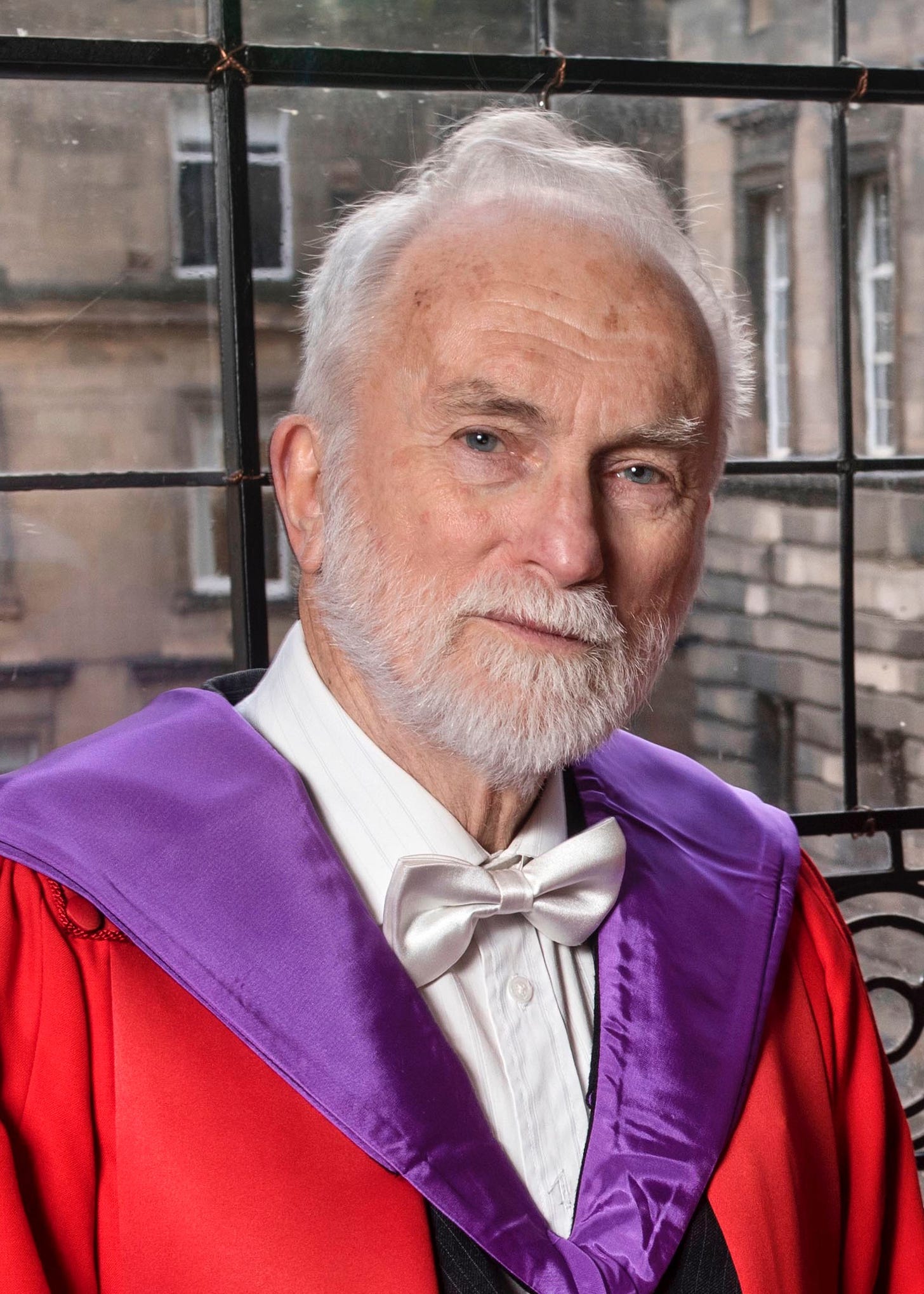The Prayers of That Great Cloud of Witnesses
ACTS: A Prayer Workout (Part 2)
A key Question for the prayer workout: “Who do you seek to emulate in your life?”
There are so many objectives to pursue and so much we could achieve. Which we pursue are a bit of a mystery. Then there is the lingering doubt about the choices we have made, the bothersome question in the back of our mind, no matter how many things we have desired and how many things we have possessed, whether we went after the right things, if we didn’t miss some of the more important things and that life has to offer.
I have tried to be intentional about my “life goals.” In this empty nest chapter of life I have defined three areas I will pursue:
A Rhythm of Life that Embodies Shalom. 1
Quality of Life for Casa Lovejoy.
Take the Next Level.
Under the umbrella phrase of “A Rhythm of Life that Embodies Shalom,” I have three health goals:
Physical health
Spiritual health
Mental health
I have found it energizing to have, not just specific weight and exercise goals, prayer goals, and wisdom goals, but to name each of the above sections after someone I would like to emulate. “Jason Statham,” who makes bald look good, is the name of my physical goals. “Andrew Walls,” a wise, spiritual, and academic mentor, is the name I have chosen for my spiritual goals. My mental health goals are called “Nancey Murphy,” after a philosophical theology professor from seminary who states her beliefs with great clarity and is able to support those beliefs in powerful ways. My “avatars” and my specific goals guide and direct what I am after for my life.
Today’s post is the second of four on a method of prayer known by the acronym “ACTS.” I recommend ACTS as a prayer workout because many people whom I would like to emulate in prayer have found that regular practice of Adoration, Confession, Thanksgiving, and Supplication in their morning routine focuses their minds, reduces their sense of guilt, and increases their enjoyment of life and their ability to makegoodhappen. Today we are going to focus on “Confession.” Last week’s post on “Adoration” needs to precede confession. Adoration is the part of our prayer where we decide who we are seeking to emulate which in turn guides our confession.
Confession
We use the word “confession” in many ways.
In relation to crime: She went to the police station and made a full confession.
As a precuror to honesty:
I have a confession to make: I have never done this before.
As part of a religious leader’s duty:
The priest will hear confessions after mass today.
As the duty of every layperson, which, when not practiced, we should feel guilty about:
I haven't gone to confession in three years.
These uses are all derived form the original intent of the term. But they have also lost the heart of the word. The purpose of confession isn’t to burden us but to unburden us.
If we confess our sins, he is faithful and just and will forgive us our sins and purify us from all unrighteousness. -I John 1:9
Many of us have a proclivity toward guilt. We feel guilty about all sorts of things. Was it a sin when I drove past the homeless person and didn’t give them any money? How about when I grabbed the last cabbage, knowing that a lady behind me wanted it as well? Am I sinning when I don’t go to church on Sunday? These and many other guilty questions assail us when we read I John 1:9 and make it difficult for us to get to, much less experience, the main point of the sentence above.
When we begin our prayers with adoration we start, not with a list of sins, but with the Person whom we seek to emulate. This then guides what we are to confess.
Paul gives us a wonderful example of this approach in his letter known as Philippians. Here he gives a beautiful example of some key qualities of Jesus. Some believe that in this passage he is quoting the lyrics of an early hymn sung in adoration:
…who, being in very nature God,
did not consider equality with God something to be used to his own advantage;
rather, he made himself nothing
by taking the very nature of a servant,
being made in human likeness.
And being found in appearance as a man,
he humbled himself
by becoming obedient to death –
even death on a cross!
This hymn of adoration is the guide Paul was reflecting on when he encouraged the Christians in Philippi to emulate Jesus: In your relationships with one another, have the same mindset as Christ Jesus…
So, if we use the above statement as the goal of emulating Jesus in our lives, the “Christ Jesus” goal, we can use the following words of Paul to see how we are doing in regard to that goal:
Therefore if you have any encouragement from being united with Christ, if any comfort from his love, if any common sharing in the Spirit, if any tenderness and compassion, then make my joy complete by being like-minded, having the same love, being one in spirit and of one mind. Do nothing out of selfish ambition or vain conceit. Rather, in humility value others above yourselves, not looking to your own interests but each of you to the interests of the others.
Specifically, look in the mirror, recommit to being like Jesus, and then ask yourself how you are doing, particularly in your interaction with other Jesus-followers, with:
Doing nothing out of selfish ambition or vain conceit.
In humility, valuing others above yourselves.
Not looking to your own interests but to the interests of the other.
These are the things to confess because they are keeping you from achieving your goal of being like Christ. Again, the goal is not to make you feel bad, though you will for a time, but to name the things that are keeping you from being who you have chosen to be and to receive the forgiveness offered in I John 1:9.
Receiving forgiveness for our confessed sins leads us into a deeper experience of the things Paul speaks of at the beginning of the above passage:
encouragement from being united with Christ
comfort from his love
common sharing in the Spirit
tenderness and compassion.
These are the things our ACTS prayer is leading us toward when we practice them faithfully.
This is just one example of a passage that can guide our confession. This week practice this one, maybe even memorize it, and next week we will focus on the third part of our workout, “Thanksgiving.”
Shalom is a Hebrew word that primarily means peace, but also encompasses a broader sense of wholeness, completeness, well-being, prosperity, safety, and flourishing in all aspects of life.




